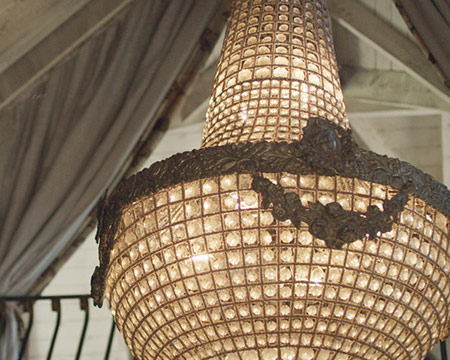
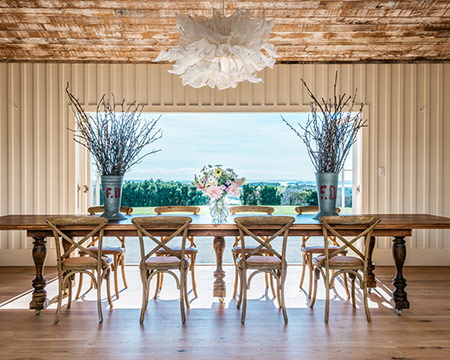
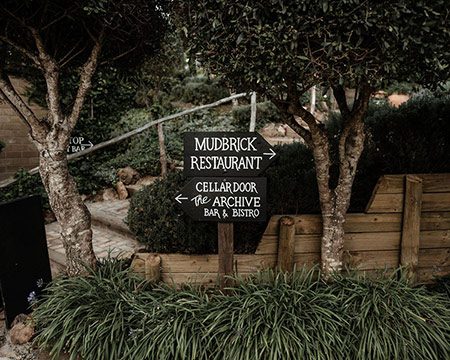
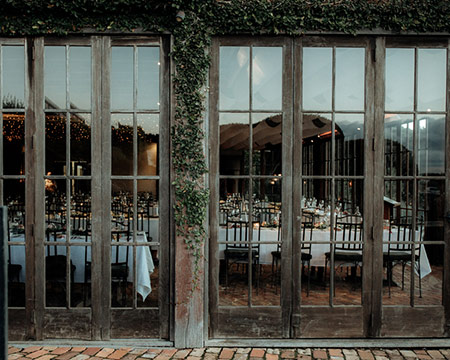
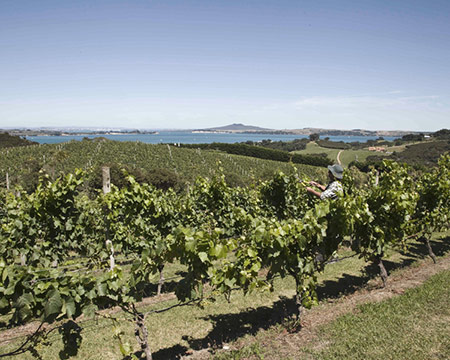

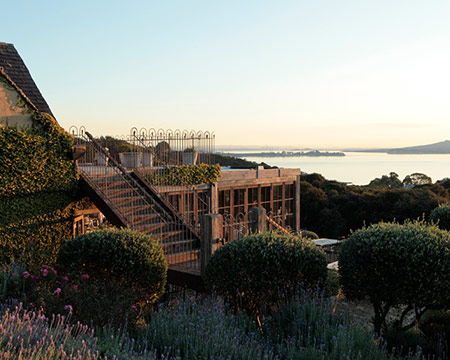
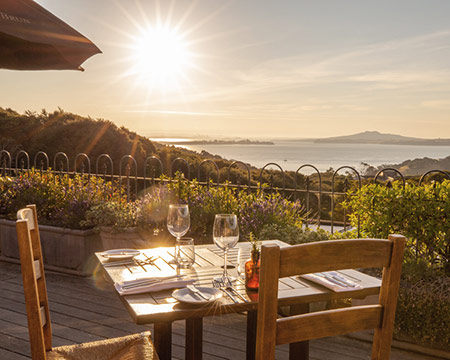

+64 9 372 9050 [email protected]
126 Church Bay Road Oneroa, Waiheke, New Zealand

By Nick Otto, Mudbrick Viticulturist,
One of the satisfying things about wine production at Mudbrick is that even through we are small, we are always evolving and looking to improve every season. The big step we have taken recently is converting our Mudbrick restaurant site vineyards to organic management and undertaking the three-year organic certification process through BioGro. The 2023 harvest will produce Mudbrick’s first certified organic wines!
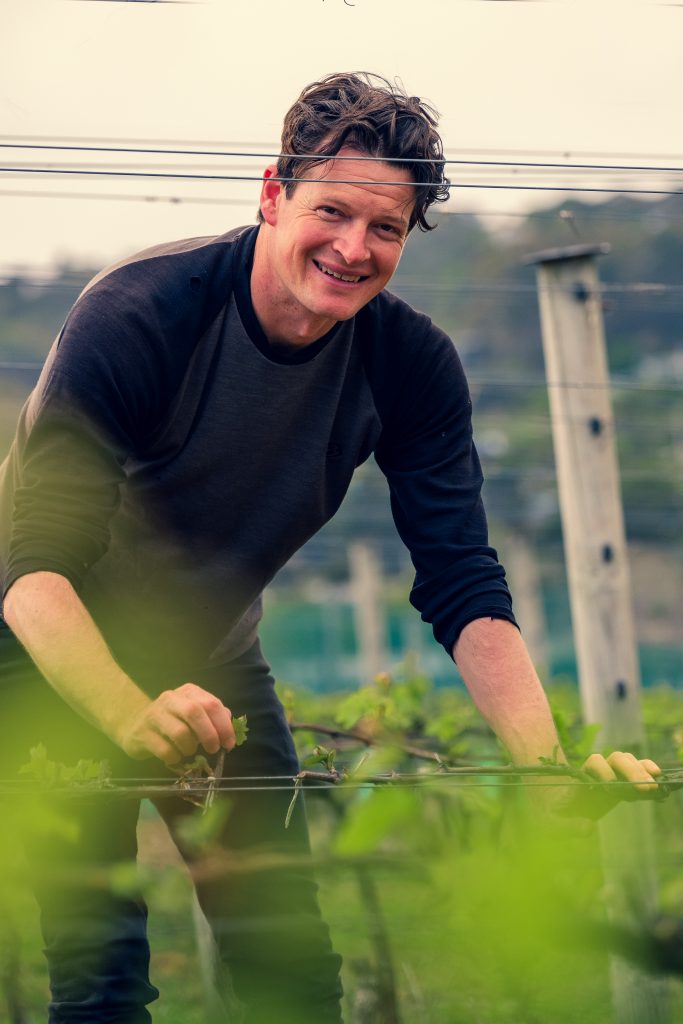
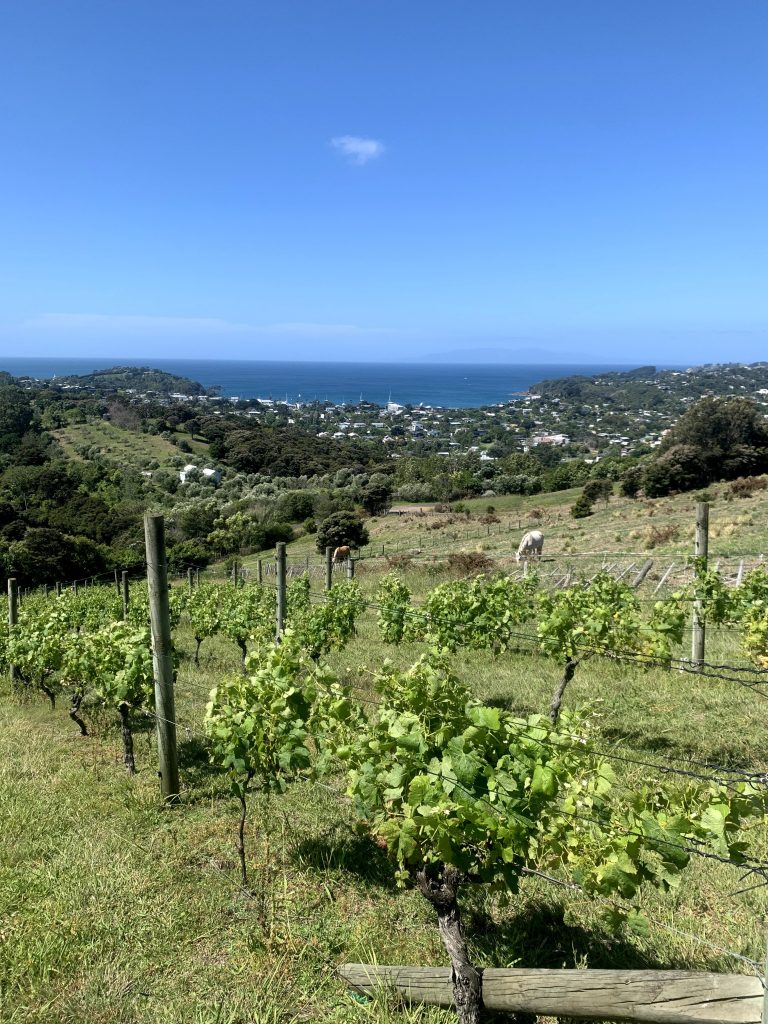
Mudbrick’s vineyards have always been part of the New Zealand wine growers Sustainable Winegrowing program. This audited program provides a framework of best practice that encourages environmental stewardship while still allowing producers access to the full range of conventional chemical products and management techniques. Our move towards organic winegrowing is another step in the right direction.
Moving to organic management excludes the use of synthetic fertilizers and pesticides. It is a common misconception that organic production means spray free. Unfortunately, this is not the case. With Waiheke Island’s at times humid and wet growing conditions, keeping up a cover of protective fungicides through the growing season is critical and even more so when growing organically. This is because the natural products we can use to protect our vines from fungal infections like powdery mildew are only protectant not curative and are non-systemic, meaning they are not taken into the plant and transported to new growth as some conventional products are. Organic vineyard management means working more closely with the soil and plants to balance ecological systems and encouraging greater biodiversity thus building more naturally resilient vines.
The visible difference you will notice walking into the vineyard is instead of a bare sprayed out herbicide strip under the vines at Mudbrick you will now see a diverse mix of plant species growing under the vines, providing a haven for beneficial insects. Each block is different with how this has developed. In some blocks low growing flowering plants dominate while in others grasses, which complete strongly with the vines in dry summers for water and nutrients, present a challenge to manage without persistent herbicides available. We have been looking a purchasing a tractor-mounted under vine cultivation tool to help us naturally reduce some of this weed competition at critical times. With the Mudbrick being a naturally low vigour and low cropping site due to wind exposure and shallow top soils, managing weed competition and maintaining vine vigour has so far proven to be our biggest challenge with organics. We are having to look at working with nature to boost our vines with the use of techniques like nitrogen fixing cover crops, composting and cultivation.
It has become obvious to me that managing our vineyard at Mudbrick organically requires a much greater understanding and attention to detail of what is happening in the vineyard from the soil up. Each little parcel of vineyard has its own personality due to soil, water availability, aspect, weed species and the need to respond to this individually is amplified in organic viticulture where an easy chemical option is not available. I am immensely enjoying the challenge of building this understanding. I can’t wait to see how these vines can truly express the land in our future wines!
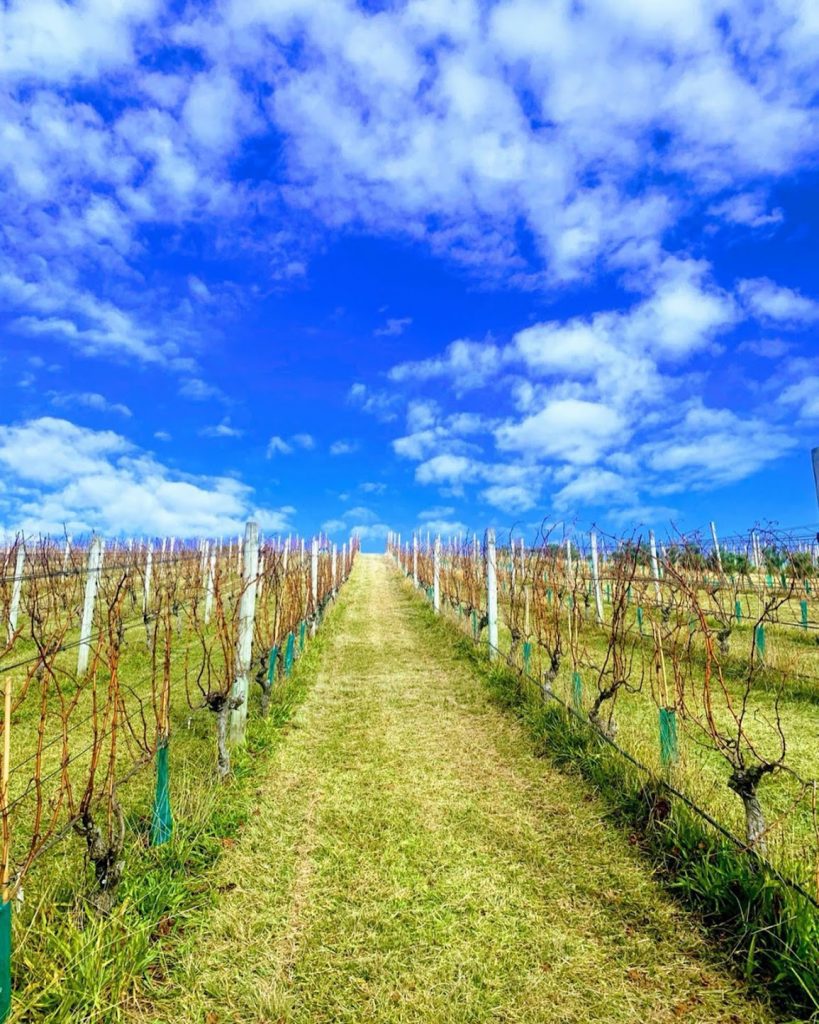
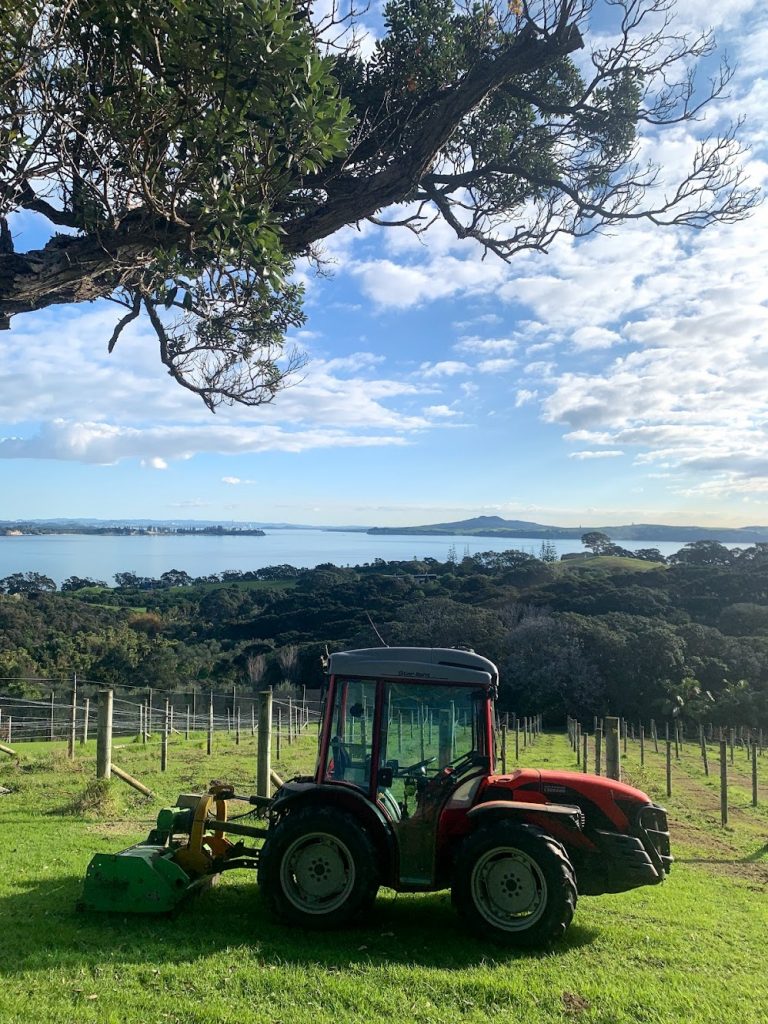
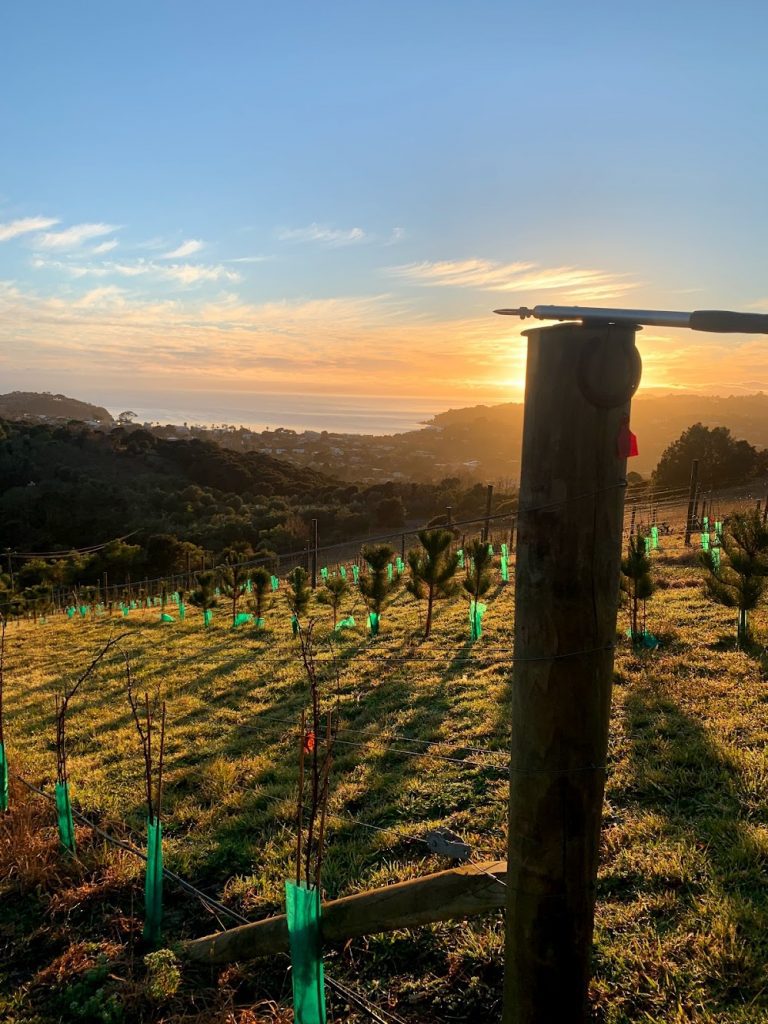
*We will be sharing more on our Organic journey here on the blog and over on our Facebook and Instagram pages*